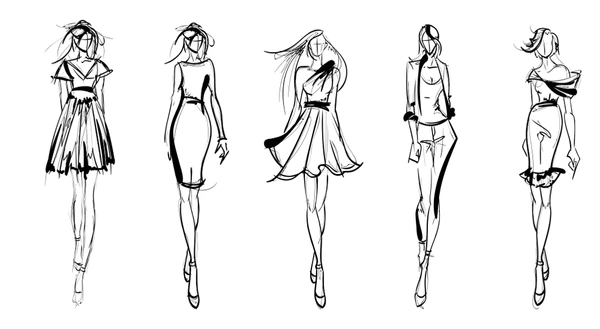

The Awakening, by Kate Chopin, can be recognized as one of the first and exceptional feminist works from the 19th Century. The story focuses on the beautiful Edna Pontellier, a wife and mother who slowly confronts her grievances with her lacking life. Edna’s attempted metamorphosis from reliant to self-sufficient is nurtured by her battle with the expectations of being a faithful spouse and caring mother. Although she will achieve some advancements in her life, ultimately there is no place for an independent woman such as herself in her era.
Pontellier is first set to be living in a summer holiday home on an island that serves the upper class, especially those who inherit a long lineage of French ancestry. Here, we notice the disagreeable relationship between Edna and her husband, Léonce Pontellier. He portrays the ideal husband, being financially ample and indulging his wife with gifts. However he does not give the affection that should be shared between a married couple, as he often leaves Edna on the island with their two sons. Edna finds this dissatisfactory, as it renders her life short of love. Nonetheless, she is not entirely deserted of attention, as she is often accompanied by a man named Robert Lebrun whose responsibility is to entertain the guests of Grand Isle. Soon, the two form an intimate bond–a love that Edna deems gives her life purpose. This romance is interrupted, as it cannot be permanently realized since Edna is a married woman. However, this relationship helps Edna on her journey to independence, and she eventually separates from her husband. Regrettably, the progress she makes is limited, as her attempt to pursue her passions proves futile.
It is a great dismay that Pontellier should give up completely, though it leaves an unforgettable impression on remembering the significance of our independence, and that we are not concerning ourselves with the roles we are obligated to fit into. The several characters that encouraged Edna to evolve–though not all mentioned in this article–demonstrates not only Edna’s indifference to conform, but also her finding of identity.





